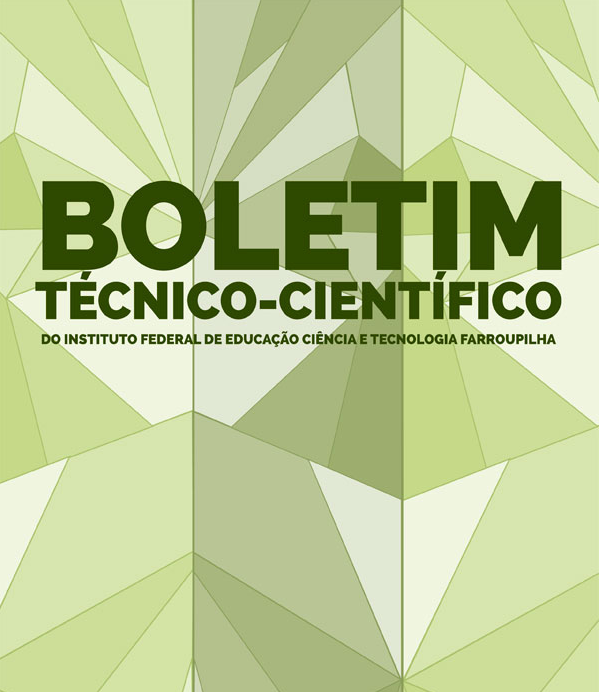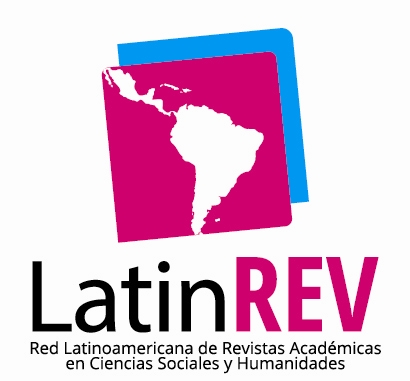Current Issue
Prezados(as) autores(as),
Informamos que, temporariamente, o Boletim Técnico-Científico não está recebendo novas submissões de artigos.
Os artigos já submetidos seguem o fluxo editorial normalmente.
Agradecemos pela compreensão.
Editoria do Boletim Técnico-Científico
O Boletim Técnico-Científico constitui-se numa publicação técnico-científica multidisciplinar do Instituto Federal Farroupilha (IFFar), cuja finalidade é a divulgação de trabalhos realizados pela comunidade escolar do IFFar.
Devido ao seu aspecto multidisciplinar, publica artigos científicos, comunicações curtas, relatos de experiência e dossiês temáticos nas diversas áreas do conhecimento.
O Boletim Técnico-Científico apresenta fluxo contínuo de divulgação e encontra-se disponível exclusivamente no formato eletrônico (online).
Este Boletim não cobra taxas dos autores e ainda oferece acesso gratuito e aberto ao seu conteúdo em nosso site.




1.png)